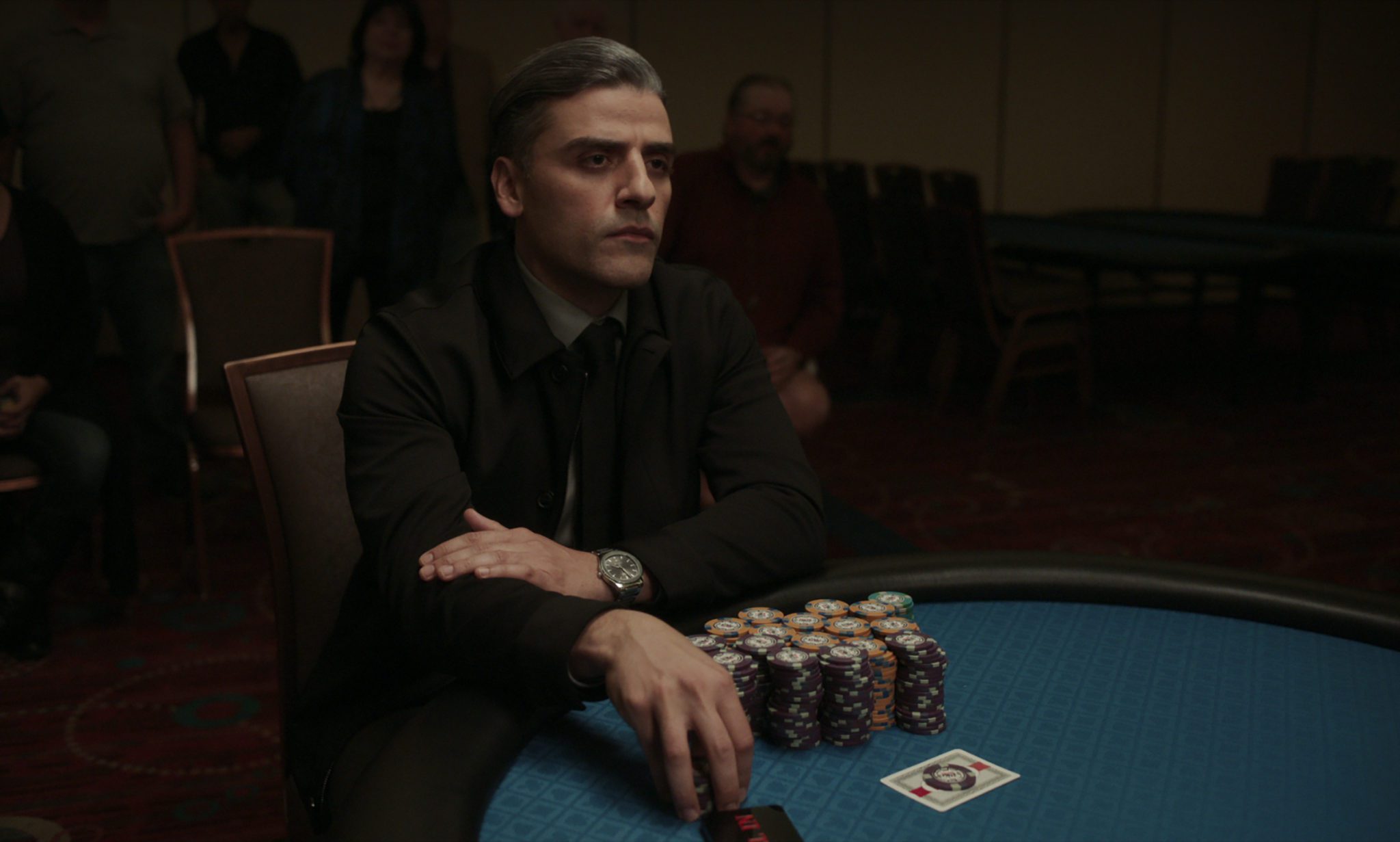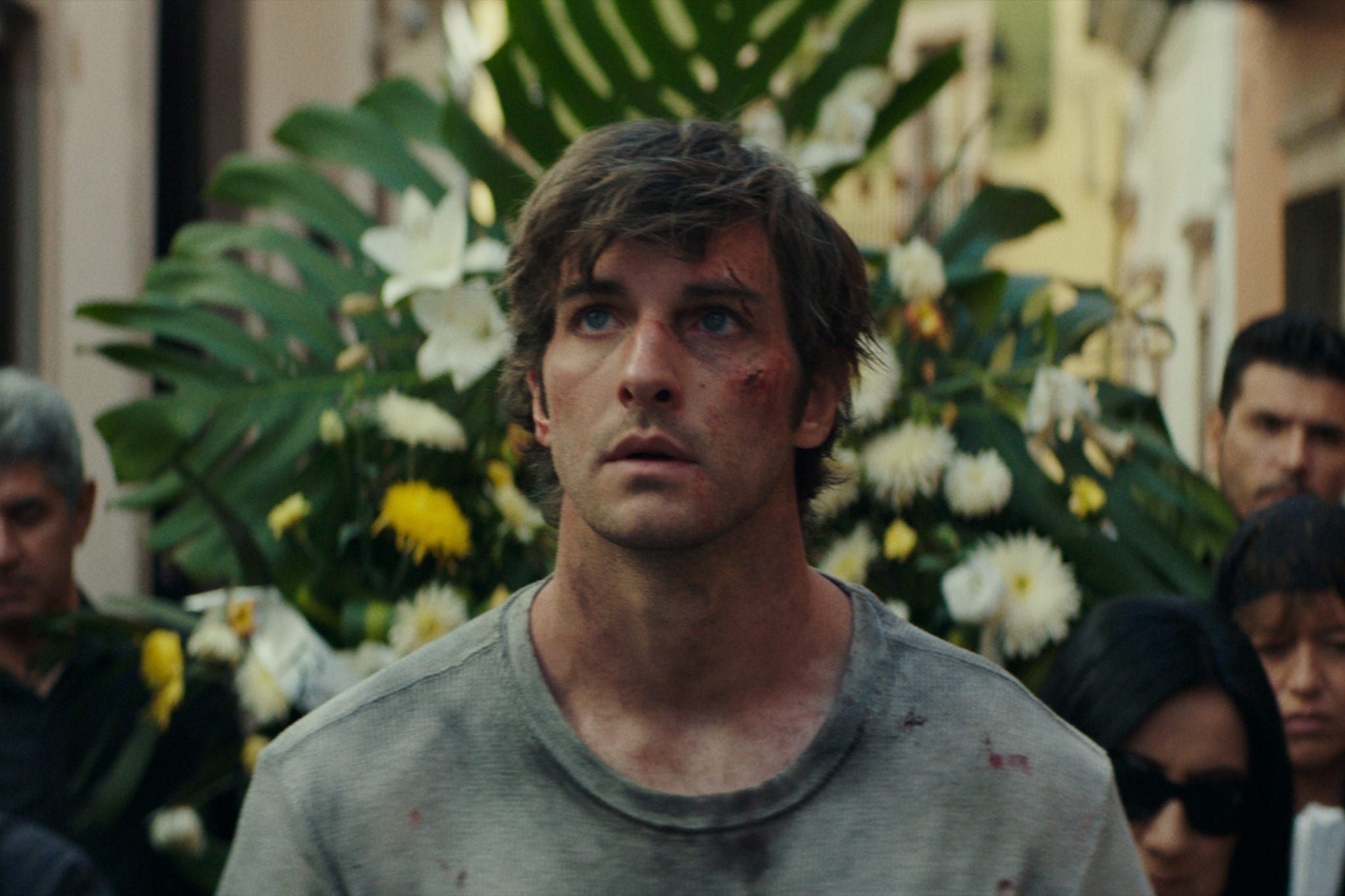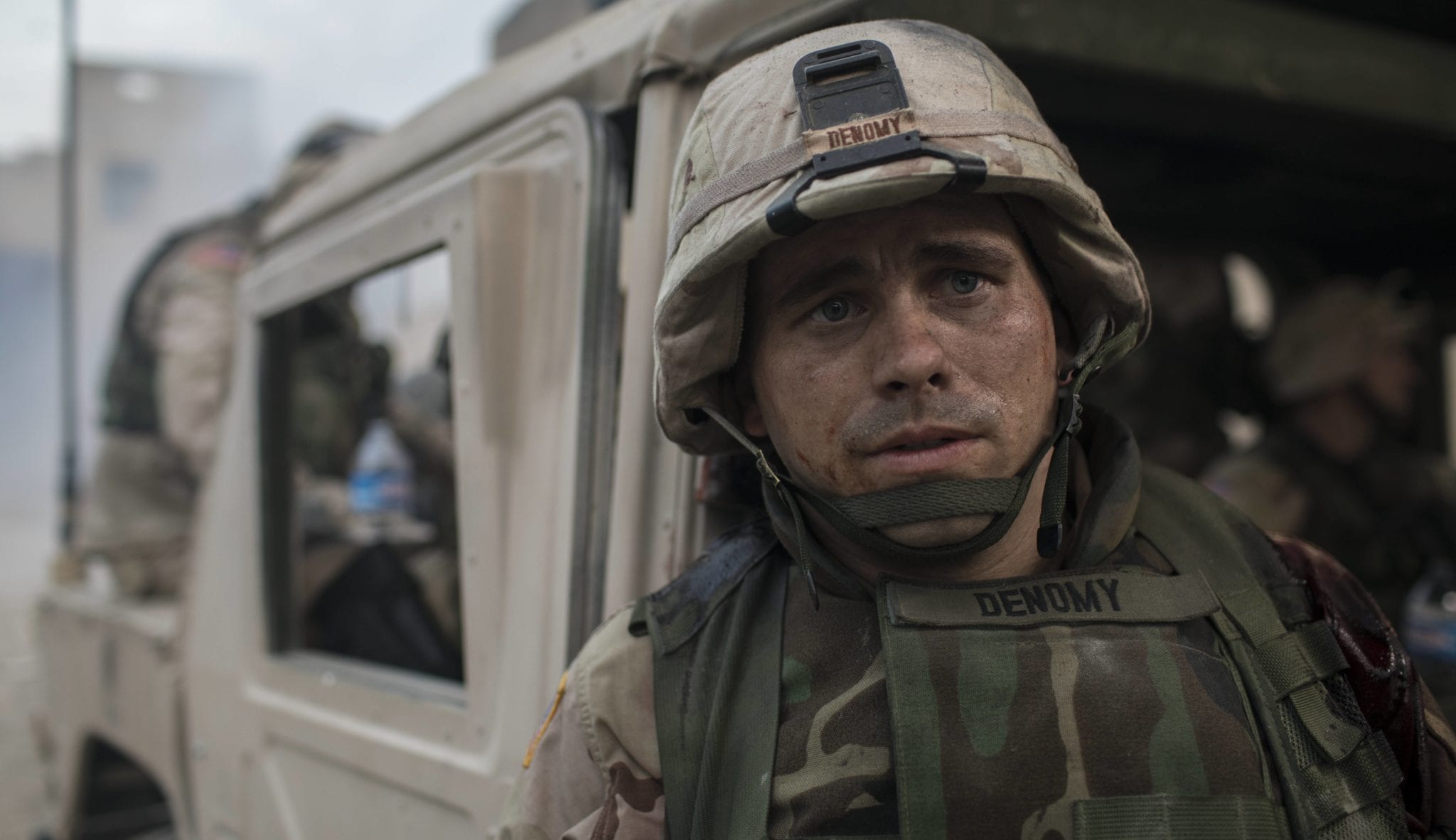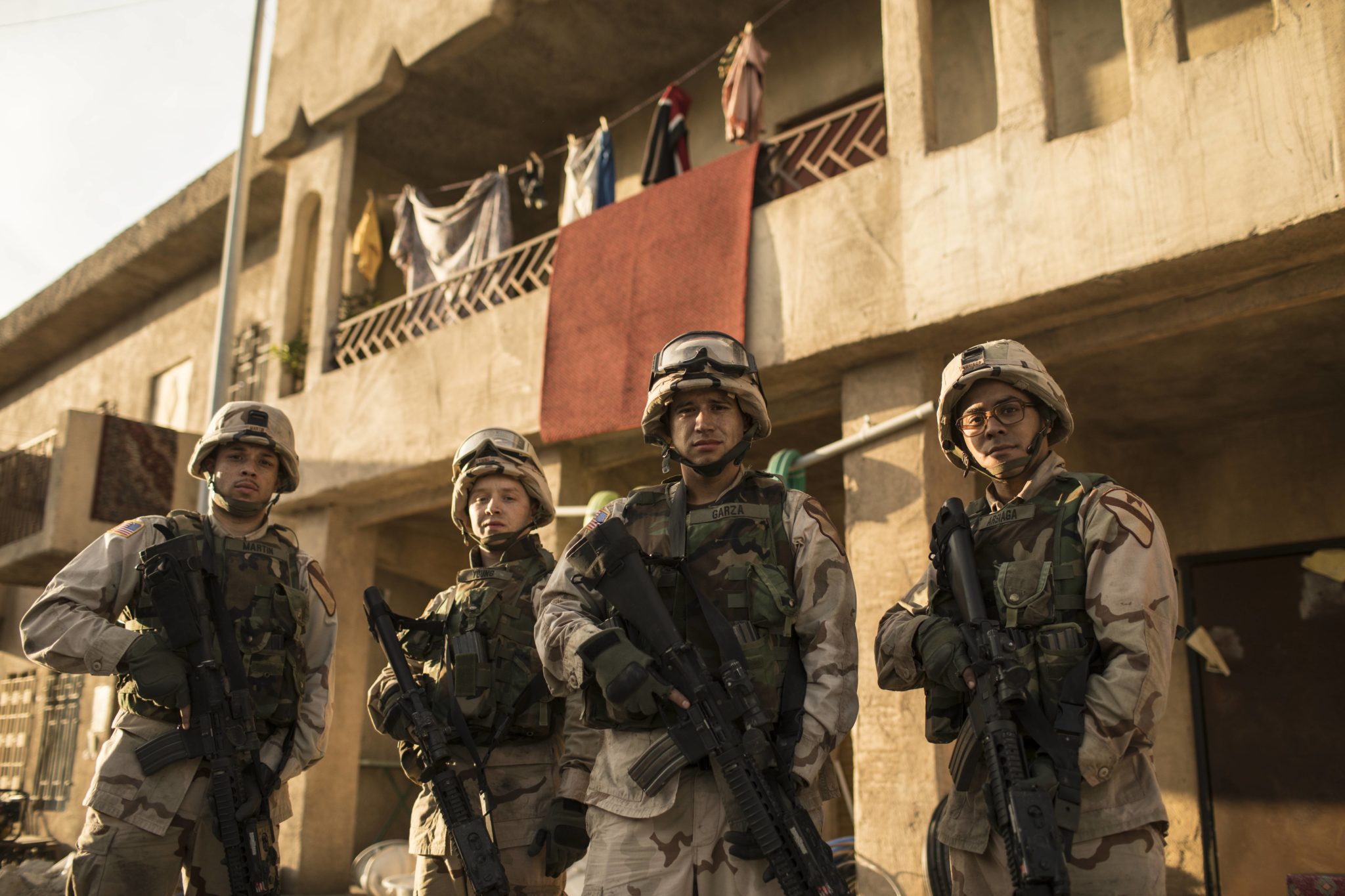
The Card Counter – Unforgivable?
Paul Schrader?s The Card Counter is the story of a solitary man hiding from the world. Or more precisely, a man hiding from the sin and guilt that he carries with him. ?William Tell? (Oscar Isaac) plays cards for a living. He?s very good at it. He knows precisely the advantages the house holds in…



